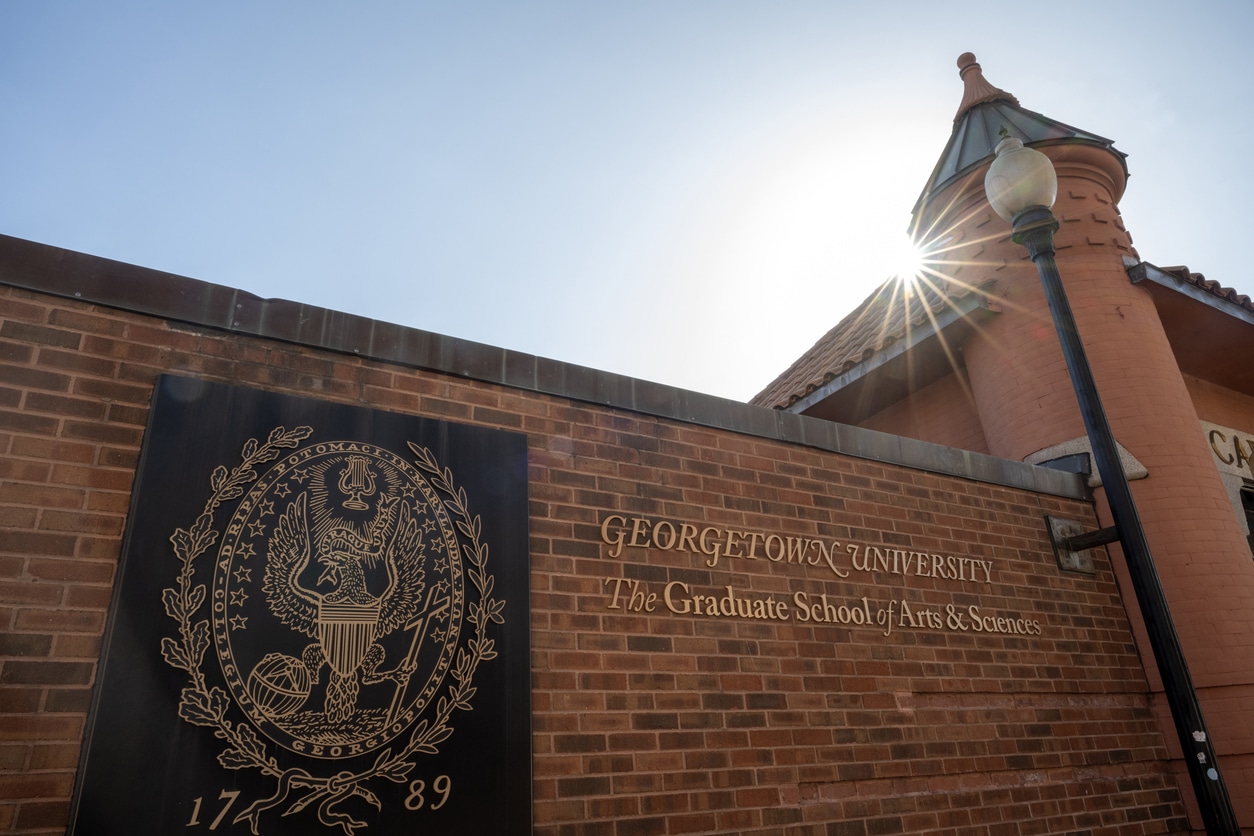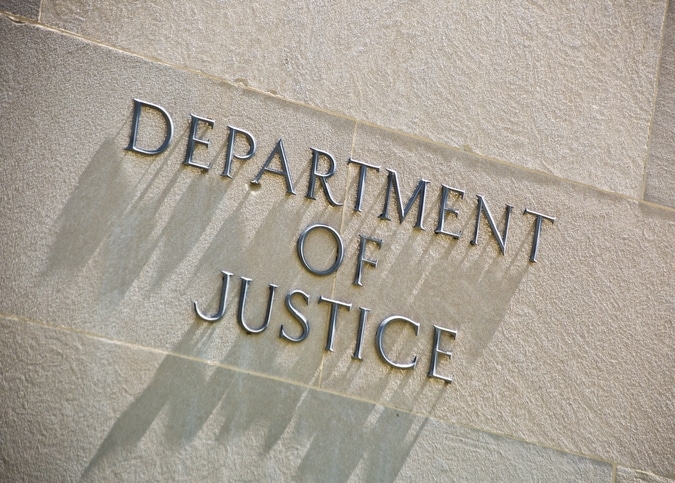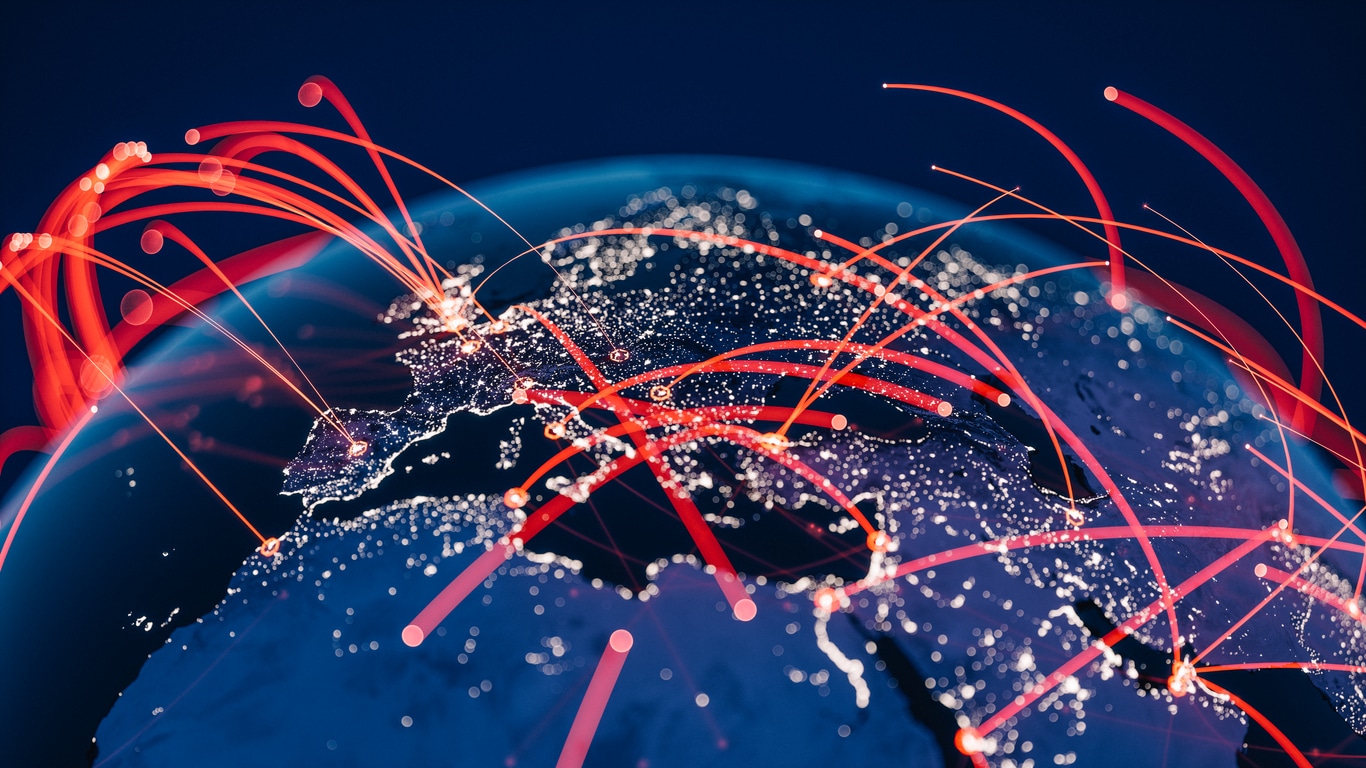Whistleblower Attorney Brings Real-World Insight to Georgetown Environmental Class

Whistleblower attorney Stephen M. Kohn brought real-world urgency to the classroom during a recent guest lecture at Georgetown University. Speaking to students in the Environmental Communication (ECo) class, Kohn shared how whistleblowers have exposed major environmental violations and influenced policy change.
Kohn, a founding partner of Kohn, Kohn & Colapinto, LLP, drew from his years of experience to illustrate the power of truth-telling in environmental protection. The class, taught by Professor Kerrie Carfagno, Director of the Master of Science in Environment and Sustainability Management program, focuses on how communication can drive environmental action.
Kohn outlined the principles of whistleblower reward laws and their pivotal role in uncovering scandals, such as the BP oil spill and Dieselgate. He explained how whistleblowers play a key role in detecting and deterring environmental crime. However, despite the U.S. environmental whistleblower reward laws being some of “the most powerful anti-corruption laws ever passed,” they are met with “near complete and total ignorance worldwide,” Kohn declared.
“If these laws are so powerful, how come so few people know about them?” a student asked. Kohn explained that the identities of neither the company nor the whistleblower are rarely disclosed. Thus, many cases never reach public awareness.
Kohn then turned to the transnational scope of U.S. whistleblower reward laws, such as the Foreign Corrupt Practices Act (FCPA) and the Commodity Exchange Act (CEA), to outline that foreign companies are subject to U.S. laws when they are traded on U.S. markets.
The FCPA, Kohn explained, prohibits companies from bribing foreign government officials, and the CEA provides federal oversight over all commodities and trading activities, including in the environment. These laws, alongside anti-money laundering laws, work to tackle corruption on a transnational scale.
While most countries have anti-bribery laws similar to those in the U.S., many of these laws are underenforced. Historically, foreign law enforcement agencies have relied upon U.S. laws and enforcement action to combat corruption. According to the Stanford Law School FCPA Clearinghouse, international sanctions against corrupt actors have generated over $31 billion, all of which resulted from lawsuits filed under the FCPA. The U.S.’s jurisdiction over international cases, therefore, proves paramount.
However, considering the immense power of these laws and the increasing lack of enforcement by the U.S. under the current administration, the international community will soon have to step up to fill the void.
To increase global awareness of whistleblower laws, the National Whistleblower Center (NWC), co-founded by Kohn, will participate in the UN Conference Against Corruption (UNCAC) this December. UNCAC mobilizes nations from around the world to develop and implement anti-corruption conventions. The NWC has put forth a resolution promoting the use of whistleblower laws to combat corruption. If the UN adopts the resolution, “this will be the first time a transnational body has given an endorsement or requirement to work on anti-corruption cases,” says Kohn.



